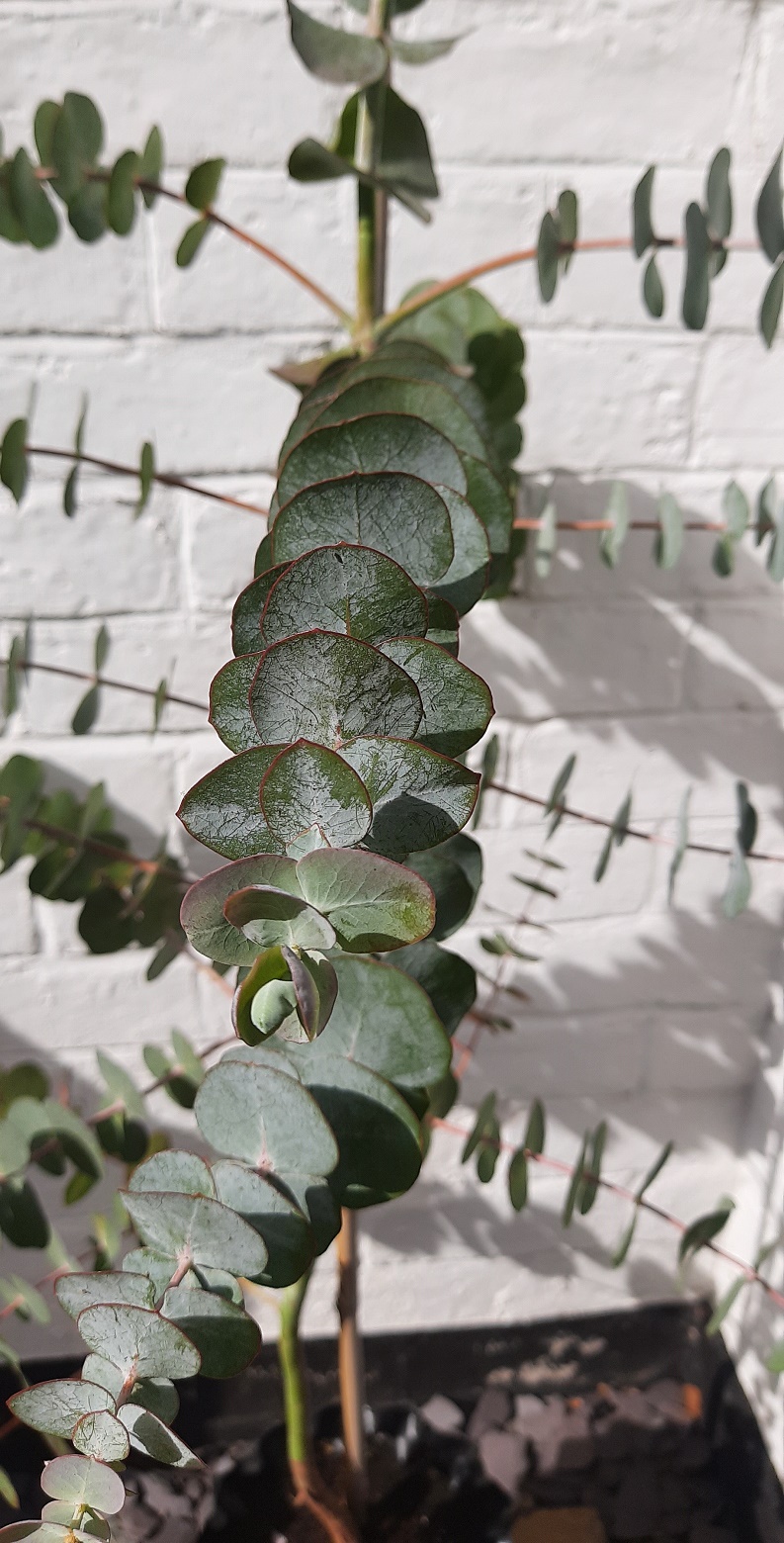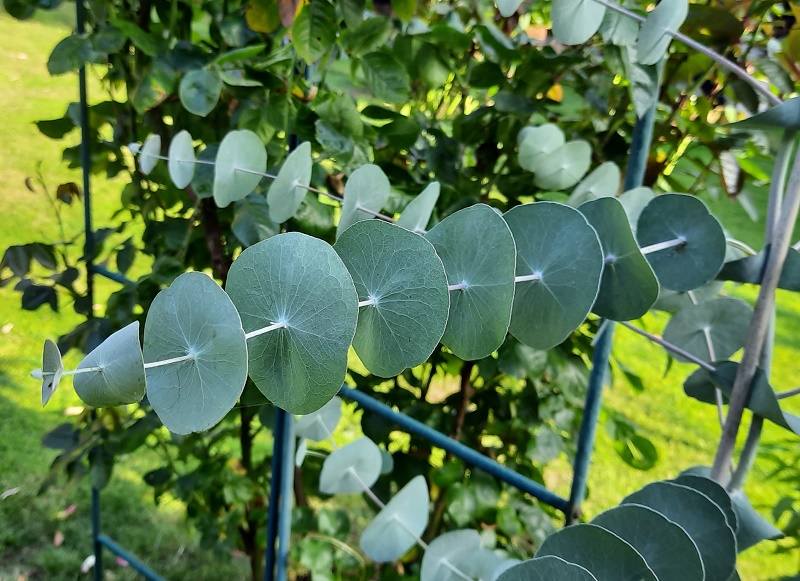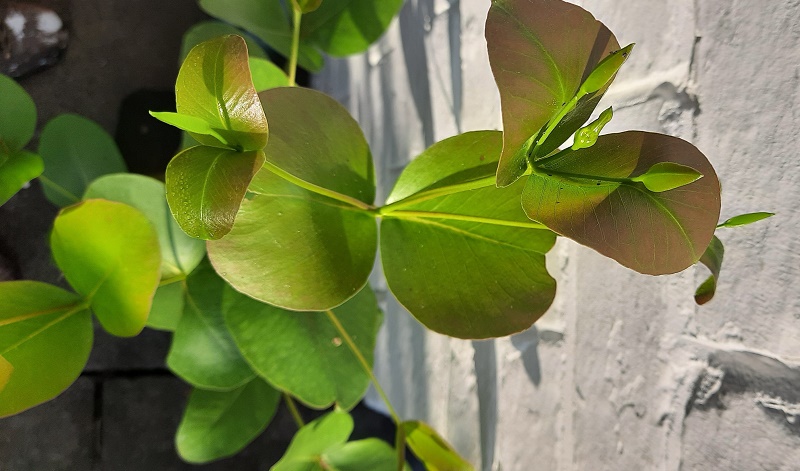
Eucalyptus for the smaller garden
by Andrew Brookes Rainbow Eucalyptus
A comment I often hear is 'Eucalyptus grow too big'. Well, yes, some Eucalyptus do grow very tall and are not particularly suited to smaller modern gardens. My aim over recent years has been to introduce to people smaller and slower growing species.
There are over 750 species and over many years growing experience I have found a selection that are UK hardy, slower and smaller growing than the UK's most common Eucalyptus 'Gunnii'.
Why do Eucalyptus grow so fast?
They are perfectly adapted to grow in their native environment in Australia and Tasmania. They have evolved to grow quickly before kangaroos and koloas eat them. Vegetation and bushland grasses compete with them for nourishment on already poor stony soils. As a species Eucalyptus are well adapted to get enough distance between them and the competition. When grown here in the UK they don't experience the same challenges, just a whole set of new ones like windy cooler and erratic weather conditions. Despite this our soil is mostly fertile which aids rapid growth and some species like E.Globulous subsp. bicostata exceeding 2-3 meters per year, which is great if you are after a fast large growing screen.
There are a number of slower growing and smaller species. These are some of my favourites.
Eucalyptus Pulverulenta (Baby Blue): Slow Growing bush or tree, commonly used for floral art.

Eucalyptus Perrianiana (Spinning Gum): Has crazy disc shaped glaucous juvenile leaves. Moderately fast growing at around 1.5m per Year. Can be managed at height of around 2/2.4m with annual pruning or pollarding (removing the upper branches).

Eucalyptus Kitsoniana (Juvenile foliage) (Bog Gum) Good Tree for screening. Flowers after a few years of growth which benefits pollinating insects. Tolerates wet boggy soil.

If you'd like to talk to me about Eucalyptus, you can contact me via rainbow_eucalyptus@outlook.com or find me at these Plant Hunters Fairs in 2022: Arley Arboretum 5th June and Bodenham Arboretum 3rd September.